The explosion of acronyms for therapy makes me feel overwhelmed. In this episode, I’m speaking about the flaws of alphabet therapies and how to overcome them. I’m also talk about how this relates to the model of structural dissociation that we have been exploring with Dr Catherine Hynes this season.
The good news is, alphabet therapies can be very effective for clients with complex trauma - but you need know how best to utilise them.










